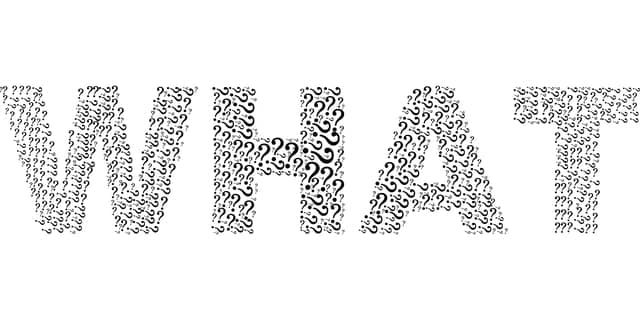What is the irony of Jack in Lord of the Flies? In William Golding’s classic novel “Lord of the Flies,” the character of Jack is rife with irony. Jack, who was initially seen as a responsible and organized member of the group, eventually becomes a savage and violent leader. Here, we examine the irony of Jack’s character and how it contributes to the novel’s overarching themes.
What is the irony of Jack in Lord of the Flies? (Answer)
Ironically, Jack is the first to question Ralph, who has been elected leader of the group. Jack, who initially supports Ralph’s leadership, begins to challenge his authority when he realizes that he can gain power and influence by doing so. Jack’s questioning of Ralph’s leadership sets the stage for the power struggle that ensues, ultimately leading to the group’s descent into savagery.
Jack is also the first to ignore the rules by neglecting the signal fire. Throughout the novel, the boys’ signal fire symbolizes their hope for rescue and their connection to civilization. Jack, however, becomes increasingly focused on hunting and the thrill of the kill, ignoring his duties to keep the fire going. This ironic twist demonstrates Jack’s growing obsession with power and control, ultimately leading to the group’s downfall.
Finally, Jack breaks away from the main group and leads the boys to savagery and murder. Jack’s transformation from a responsible leader to a violent dictator is perhaps the greatest irony of his character. He starts out as a model group member, but his desire for power and control drives him to break away and form his own tribe. This tribe becomes increasingly violent and murderous, and it is ultimately responsible for the deaths of several boys on the island.
What is ironic about the fire that Jack starts?
The irony of the fire that Jack starts in Lord of the Flies lies in his initial dismissal of the idea as stupid. At first, Jack mocks Ralph’s suggestion to build a signal fire, preferring to focus on hunting and asserting his power. However, when they miss their chance to be rescued by a passing ship due to their failure to maintain a signal fire, Jack realizes the importance of it. Ironically, he becomes obsessed with creating an even bigger and more destructive fire, symbolizing his descent into savagery and disregard for rescue. This twist highlights the loss of civilization and rationality among the boys on the island.
What is the irony at the end of Lord of the Flies?
The irony at the end of Lord of the Flies lies in Golding’s portrayal of the naval officer. Throughout the novel, the boys descend into savage behavior, embodying their own primal instincts and abandoning societal norms. Yet, when a naval officer arrives to rescue them, he represents civilization and authority. The ironic twist is that while the boys have physically been saved from their uninhabited island, they are not truly rescued from their inner darkness and violence. The naval officer’s presence highlights how savagery and brutality can still prevail even in a supposedly civilized society. Thus, Golding suggests that true salvation cannot be found externally but rather through confronting one’s own inherent capacity for evil.
What is an example of irony?
An example of irony in Lord of the Flies is the fact that the boys, who were initially brought together by their shared civilization and adherence to rules, end up descending into savagery and anarchy. This is ironic because their attempt to establish a society based on order and organization ultimately leads them toward chaos and destruction.
Conclusion
In conclusion, the irony of Jack’s character in “Lord of the Flies” is a central theme of the novel. Jack starts out as a responsible and organized member of the group but ultimately becomes a savage and violent leader. His questioning of Ralph’s leadership, disregard for the signal fire, and descent into savagery demonstrate the dangers of unchecked power and the inherent violence in human nature.
